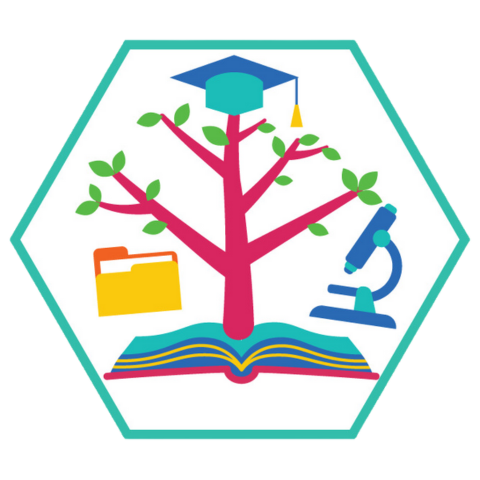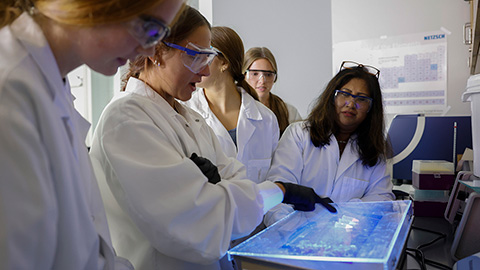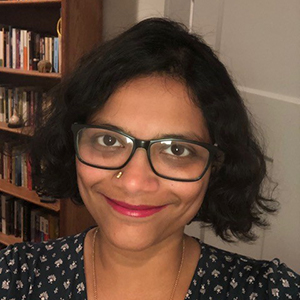
Teaching and engaging Gen Z: Two sides of the same coin
I received a text message on January 1, 2020. The text said, “Happy New Year Dr. R, can’t wait to see you and take your Biochemistry class!”
Submit an abstract
Abstract submission begins Sept. 14. If you submit by Oct. 12, you'll get a decision by Nov. 1. The regular submission deadline is Nov. 30. See the categories.
Since then, no such message has come through. A lot has happened in the meantime. Our world has been changed by many things since that new year, not the least of which has been the COVID-19 pandemic.
Gen Z has been affected significantly by the pandemic. Gen Z is more racially and ethnically diverse than all the previous generations and is more likely to go to college, and their tech-savvy knows no bounds.
The American Society for Biochemistry and Molecular Biology's Education and Professional Development Committee and Student Chapters Committee will present a symposium at Discover BMB with the overarching theme of “Teaching and Engaging Gen Z.” One session will focus on curriculum and assessment, with the lens turned on equitable and engaging practices. Another will look at the challenges and opportunities presented by the emergence of artificial intelligence in the classroom. The third will address challenges and best practices for running research programs primarily with undergraduate students.
Craig Streu, a professor of biochemistry at Albion College, and Nancy Rice, a professor and chair of the biomedical sciences department at the University of South Alabama, are co-organizers of this session.
Keywords: Artificial intelligence, assessment, education, inclusive teaching, research with undergraduates, time management, professional development, mentoring.
Who should attend: Faculty, postdoctoral trainees, undergraduate and graduate students, educators, and those interested in the ethics of AI.
Theme songs: “Titanium” by David Guetta/Sia and “Unstoppable” by Sia
This session is powered by Gen Z.
Education and professional development
Challenges and best practices: Running a research program primarily with undergraduate students
Chair: Saumya Ramanathan

Danae Schulz, Harvey Mudd College
Craig Streu, Albion College
Sharifa Love—Rutledge, University of Alabama, Huntsville
Alberto Rascon, Arizona State University
AI in the classroom: disruptor or enhancer?
Chair: Craig Streu
Susan Holechek, Arizona State University
John Nash, University of Kentucky
Emily Ruff, Winona State University
Assessment and curricular practices: Teaching and engaging with Gen Z
Chair: Nancy Rice
Angela Johnson, St. Mary's College of Maryland
Orla Hart, Purdue University
Amy Chasteen, University of Southern Mississippi
Enjoy reading ASBMB Today?
Become a member to receive the print edition four times a year and the digital edition monthly.
Learn moreGet the latest from ASBMB Today
Enter your email address, and we’ll send you a weekly email with recent articles, interviews and more.
Latest in Education
Education highlights or most popular articles

Summer research spotlight
The 2025 Undergraduate Research Award recipients share results and insights from their lab experiences.

Creating change in biochemistry education
Pamela Mertz will receive the ASBMB William C. Rose Award for Exemplary Contributions to Education at the ASBMB Annual Meeting, March 7-10 in Washington, D.C.

Trainee mentorship as immortality
Suzanne Barbour will receive the ASBMB Sustained Leadership Award at the ASBMB Annual Meeting, March 7-10 in Washington, D.C.

Redefining excellence to drive equity and innovation
Donita Brady will receive the ASBMB Ruth Kirschstein Award for Maximizing Access in Science at the ASBMB Annual Meeting, March 7–10, just outside of Washington, D.C.

Debugging my code and teaching with ChatGPT
AI tools like ChatGPT have changed the way an assistant professor teaches and does research. But, he asserts that real growth still comes from struggle, and educators must help students use AI wisely — as scaffolds, not shortcuts.

How AlphaFold transformed my classroom into a research lab
A high school science teacher reflects on how AI-integrated technologies help her students ponder realistic research questions with hands-on learning.

